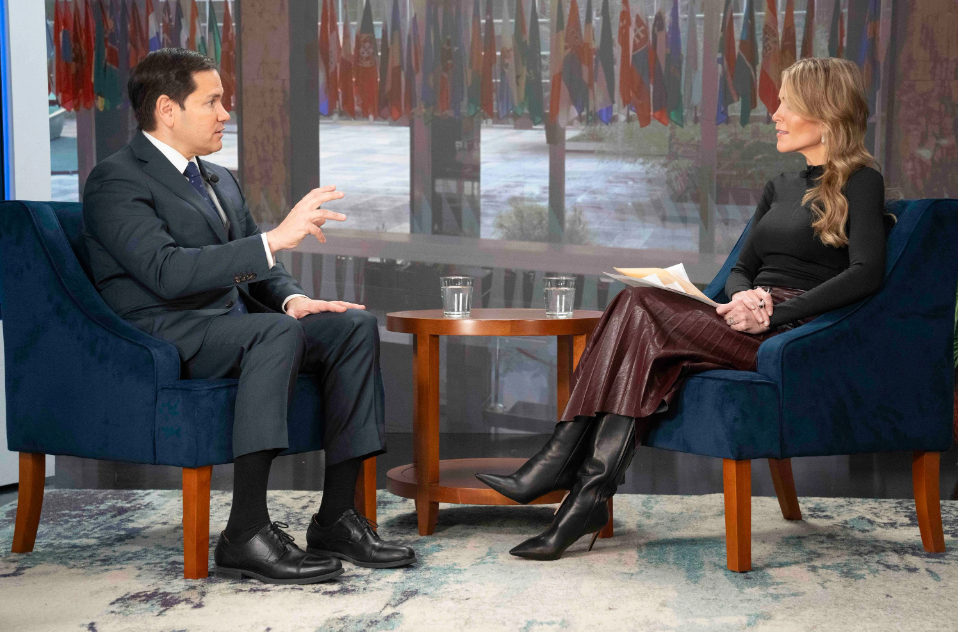
Tian Dewen, Senior Fellow, Institute of Global Governance and Development, Renmin University of China
Mar 14, 2025
The world’s future will hinge on a choice between unilateral confrontation, as exemplified by U.S. President Donald Trump; multilateral confrontation, as in America’s alliance with the EU; or multilateral cooperation, as advocated by China. It’s clear which one will be better for mankind.
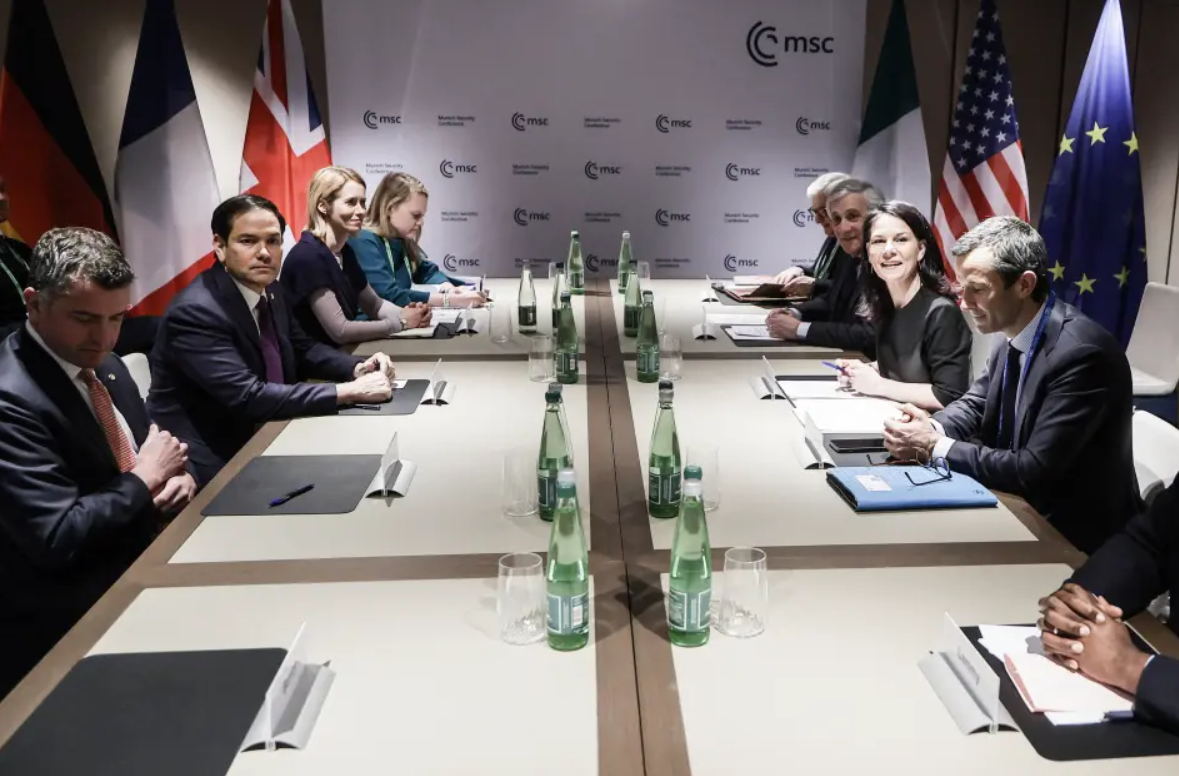
Warwick Powell, Adjunct Professor at Queensland University of Technology, Senior Fellow at Beijing Taihe Institute
Feb 27, 2025
If one takes Marco Rubio’s recent remarks on the end of unipolarity at face value, one could be mistaken for believing that the question of a multipolar world is settled. On the contrary, Rubio’s ruminations, together with remarks from members of the new Trump Administration, including the President himself, buttressed with decisions made in the first few weeks of the new administration, suggest that the issue of multipolarity is very much in question.
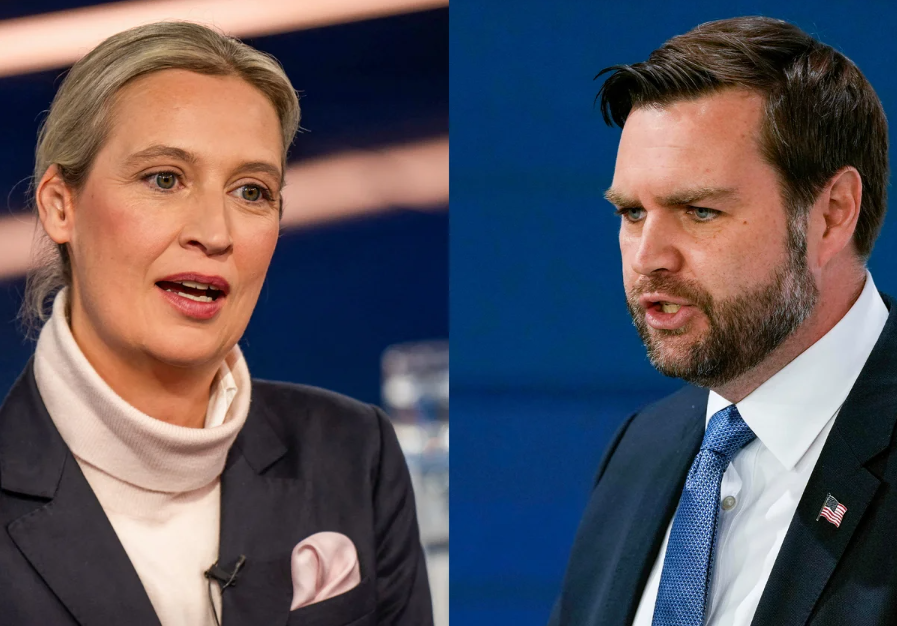
Sebastian Contin Trillo-Figueroa, Geopolitics Analyst in EU-Asia Relations and AsiaGlobal Fellow, The University of Hong Kong
Feb 26, 2025
Trump’s proudly professed vision of greatness has once again become foreign policy, casting doubts over the stability of America’s relationships with even its closest allies. Could this sudden shift in paradigm strengthen China’s positions globally?
Sujit Kumar Datta, Former Chairman of Department of International Relations, University of Chittagong, Bangladesh
Feb 26, 2025
America’s stunning withdrawal from global leadership under President Donald Trump’s isolationist policies has accelerated China’s rise, marking a significant shift in global power dynamics. China’s timing is perfect for the moment as it promotes a vision of global collaboration and shared prosperity.
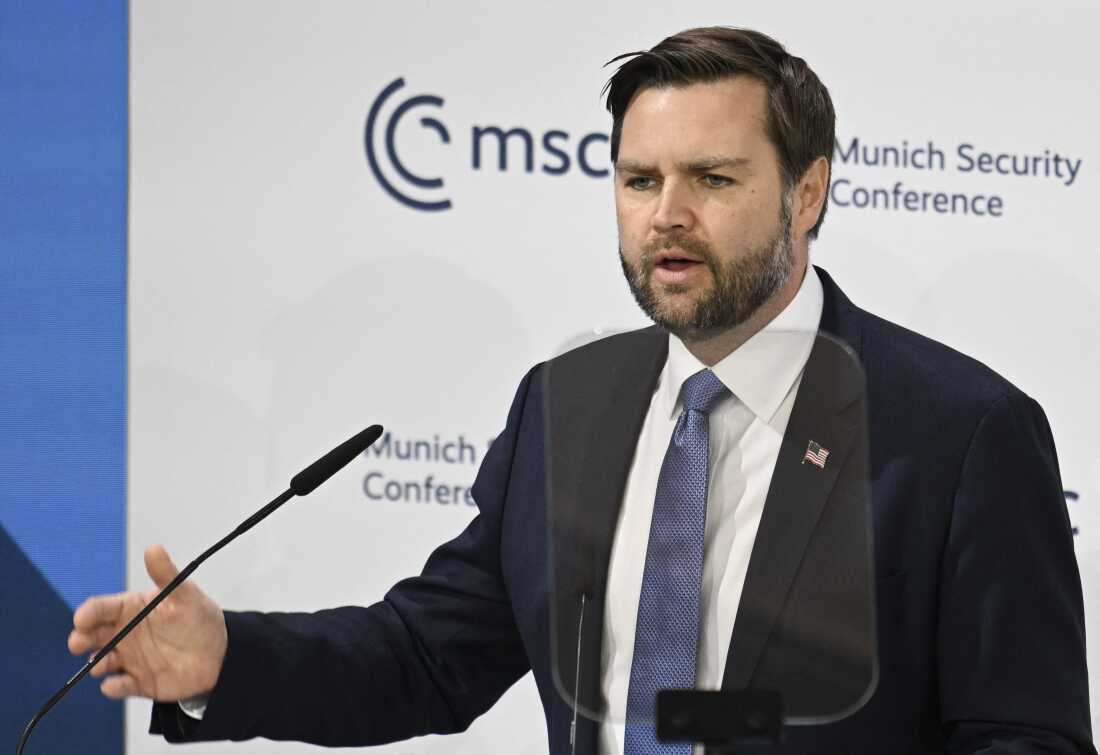
Wang Yiwei, Jean Monnet Chair Professor, Renmin University of China
Feb 26, 2025
The world is undergoing profound changes, as reflected in the report from this year’s Munich Security Conference. Focusing on multi-polarization, the report details U.S. arrogance, European hopelessness, Global South helplessness and worldwide disorder.
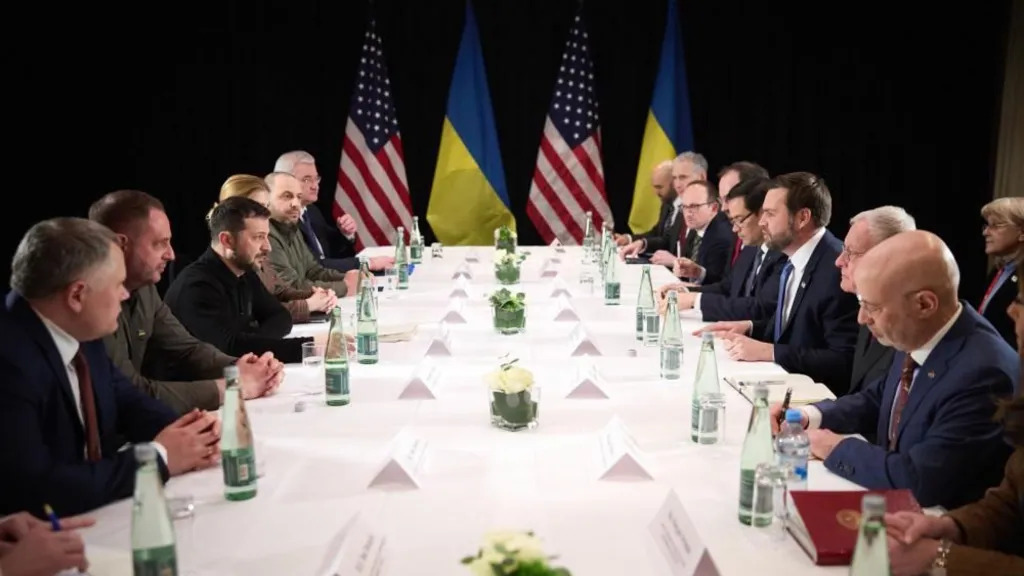
An Gang, Adjunct Fellow, Center for International Security and Strategy, Tsinghua University
Feb 25, 2025
If Europe fails to awaken and respond to its humiliating rejection by the United States, it will lose not only its seat at the table for Ukraine-Russia peace talks but also its status as a leading player in the future multipolar world.

Jianyin Roachell, Transatlantic Digital Debate Fellow and Research Associate at Max Planck Institute of Geoanthropology
Feb 21, 2025
The rapidly growing AI industry was rocked last month with the launch of DeepSeek, an open-source, Chinese-developed competitor to OpenAI’s products. The introduction of a valid competitor to American dominance in AI will lead to many questions in 2025 on how the U.S. will respond.

Sun Chenghao, Fellow, Center for International Security and Strategy of Tsinghua University; Munich Young Leader 2025
Feb 20, 2025
European delegates to security conference, reacting to a disturbing speech by U.S. Vice President JD Vance, say privately that it’s clear the continent must gradually break with the United States. The reduction of America’s strategic investment in Europe is accelerating Europe’s search for autonomy in an increasingly multipolar world.
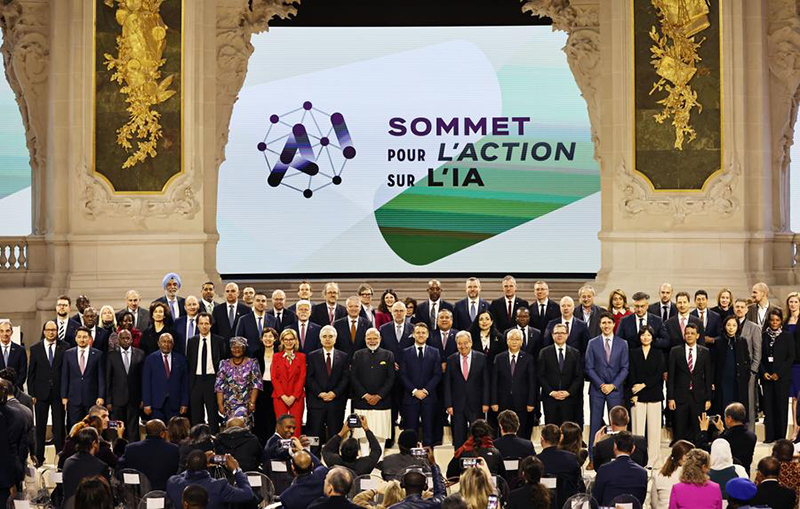
Fu Ying, Founding Chair of Center for International Security and Strategy, Tsinghua University; China's former Vice Minister of Foreign Affairs
Feb 17, 2025
The Paris AI Action Summit was held on February 10 and 11. AI experts, policymakers and industry leaders from various countries gathered to engage in in-depth discussions about opportunities and challenges in AI development and governance. Chinese scholars led by former Chinese vice-foreign minister Fu Ying attended the Paris AI Summit. Below are the main points in Fu Ying’s Remarks on AI Safety and Governance at the Paris AI Summit.
Joseph S. Nye, Professor, Harvard University
Feb 13, 2025
As wildfires raged through Los Angeles in January, the infamous American conspiracy theorist Alex Jones posted on X (formerly Twitter) that they were “part of a larger globalist plot to wage economic warfare & deindustrialize the [United] States.”